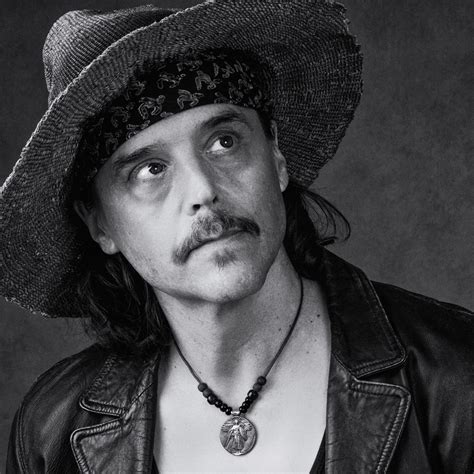A Quote by Sarah Dessen
I wondered which was harder, in the end. The act of telling, or who you told it to. Or maybe if, when you finally got it out, the story was really all that mattered.
Related Quotes
One of the horribly frustrating things about writing feature films is the rules everyone applies and says, 'You have to do this by the end of the first act and by the end of the second act you must introduce this.' As if there were rules to life or telling a story or the ways things happen, which of course there aren't.
I'd thought I'd constructed a really wonderful book, and the teacher told me that my story basically began on page fifty, and that I should throw out everything prior, or figure out a way to weave only the most important information back into the story, and keep the action moving forward. Wow. That was a really humbling experience. A real eye-opener. Made me realize there are so many aspects involved with telling a story.
What's your story? It's all in the telling. Stories are compasses and architecture; we navigate by them, and to be without a story is to be lost in the vastness of world that spreads in all directions like arctic tundra or sea ice. To love someone is to put yourself in their place, we say, which is to put yourself in their story, or figure out how to tell yourself their story. Which means that a place is a story, and stories are geography, and empathy is first of all an act of imagination, a storyteller's art, and then a way of traveling from here to there.
My parents telling me that if there is a story you feel compelled to share, then you are responsible for doing that. You can't ask someone else to take on that story - or you can, but you have to deal with whatever the fallout is. If the story doesn't end up being told the way you originally heard it or that you feel it needs to be expressed, that's on you.
People need to understand that what happens in people's homes and behind closed doors, unless you were there, you really shouldn't make any analogy or any assumption, which writers do quite a bit. It's not something I ever for one second thought about. This is not my life story, and I've never told my life story, and I have no interest in telling my life story.
Before I studied story, I was trying to write a novel, and it was terrible. It wasn't going anywhere, and I couldn't figure out what I was trying to do. It was really hard; much harder than I thought it was going to be. Now that I've studied story, I think I'd have a different approach and maybe I could actually get it done.
I think when people begin to tell their stories, everything changes, because not only are you legitimized in the telling of your story and are you found, literally, like you matter, you exist in the telling of your story, but when you hear your story be told, you suddenly exist in community and with others.





































